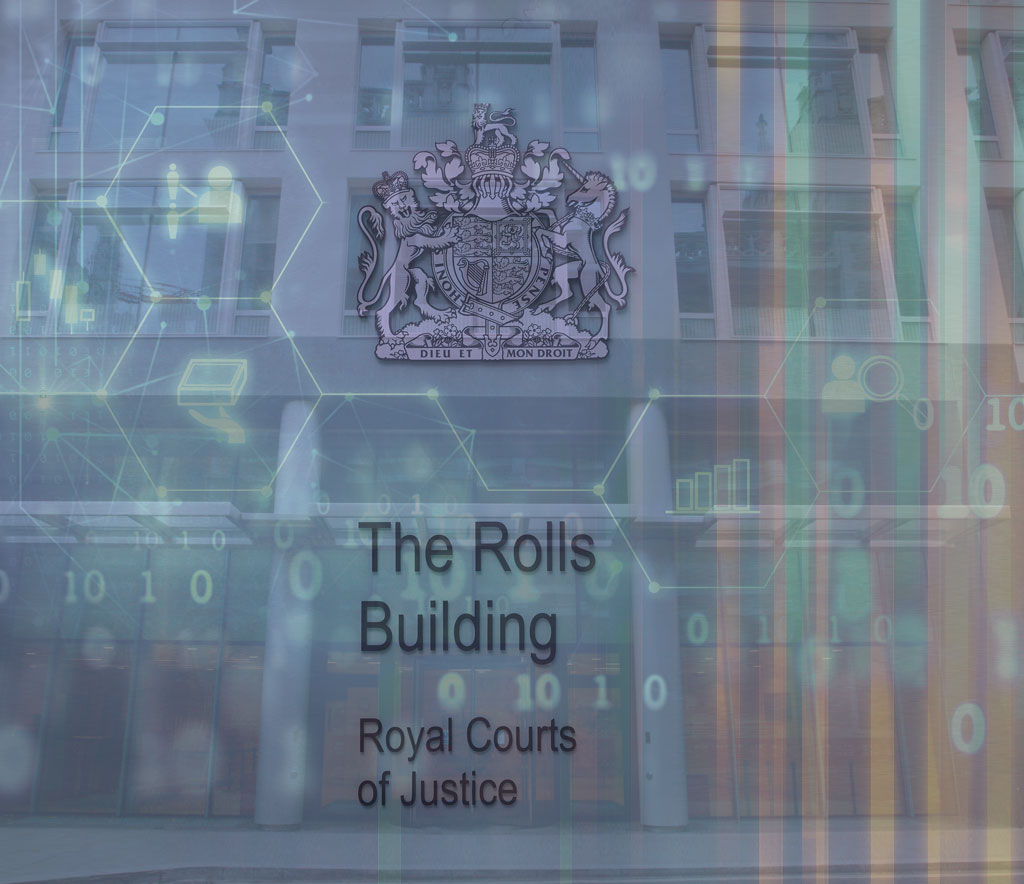
In their third update on trial technology Michael Fletcher & Helen Pugh discuss the drivers for change
The legal community has perhaps been too slow to adopt electronic technology at trial, but, despite the ‘stumbling blocks’ discussed in the last update (see ‘Trial technology’ (Pt 2), 13 April 2018), there are now a number of drivers for change.
First, the courts are increasingly encouraging the use of court-room technology. The shift to mandatory e-filing in the Business & Property Courts is a step in this direction; the obvious progression from paperless filing is paperless bundles. From a purely practical perspective, e-bundles will be far easier for court staff to manage, they take no storage space at court, and are therefore likely to save costs.
Judges also now appreciate the advantages of technology more and, as time passes, are inevitably becoming more digitally astute. Several years ago, many High Court judges would have regarded the idea of an electronic trial bundle with suspicion. Now, the question we are increasingly seeing asked at the









